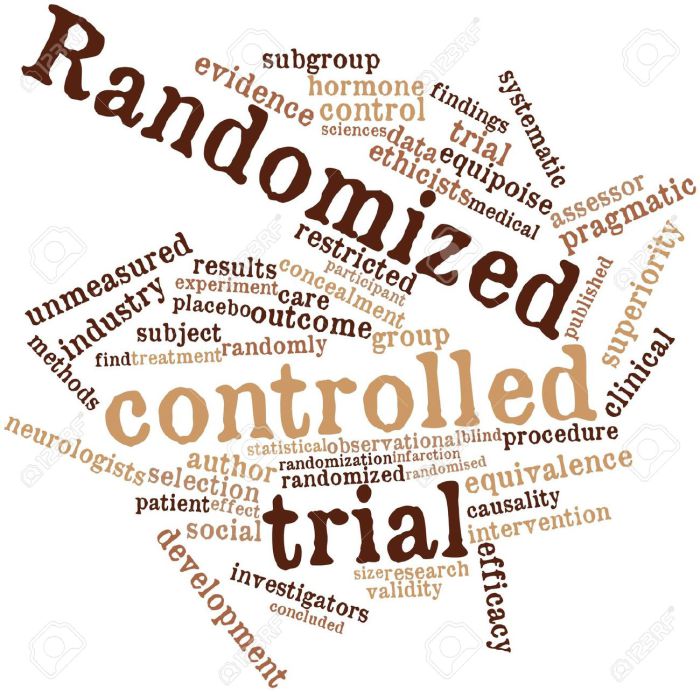
Randomized trials have long been used in the clinical world to test the efficacy of medical treatments. Increasingly, social scientists have used the same approach, randomly assigning groups to different interventions, in order to determine which policies are most likely to address the key behavioural problems faced by health systems, from inadequate provider performance to low adherence to treatment or risky health behaviours.
This course proposes a hands-on and intuitive approach to designing and conducting a randomised evaluation of a behavioural health programme. The aim of the course is to provide students with the skills required to design and implement a successful randomised evaluation.
This course proposes a hands-on and intuitive approach to designing and conducting a randomised evaluation of a behavioural health programme. The aim of the course is to provide students with the skills required to design and implement a successful randomised evaluation.
